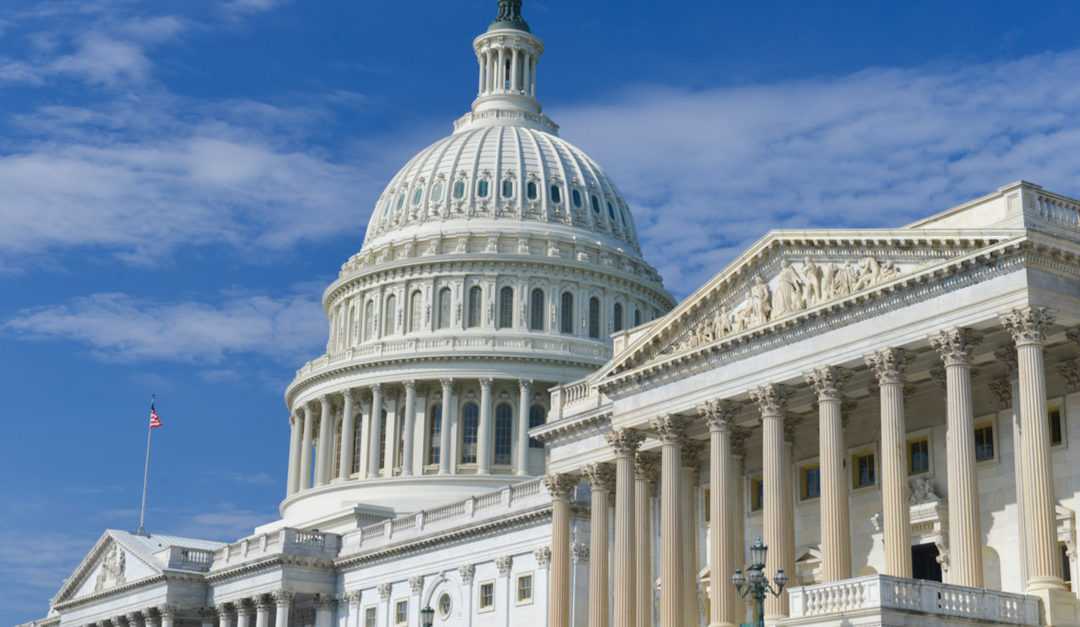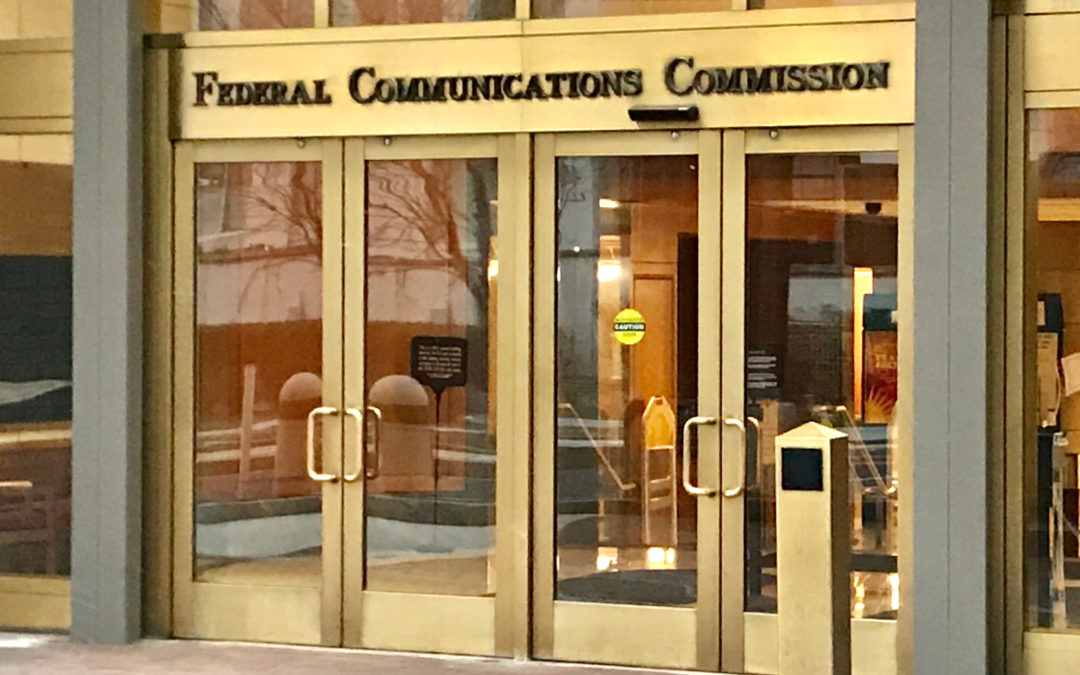China has garnered much attention given its position as a major economic competitor to the United States, and specifically as a competitor in telecommunications, technology and innovation. The national security implications for the use of Chinese technology have also caught the attention of policy-makers, for over a decade.
In 2012 the House of Representatives Intelligence Committee released the “Investigative Report on the U.S. National Security Issues Posed by Chinese Telecommunications Companies Huawei and ZTE.” The public portion of the report found that “the risks associated with Huawei’s and ZTE’s provision of equipment to U.S. critical infrastructure could undermine core U.S. national-security interests.”
Eventually, in 2021, the Federal Communications Commission (FCC) finalized a program to pay telecom providers to tear out and replace equipment from Chinese telecom companies considered a national security risk by the U.S. government. Additionally, the Biden administration has on a couple occasions added specific Chinese technology companies to its “Entity List,” restricting U.S. firms from dealing with the companies listed.
But, China’s digital aspirations are far from ended.
As part of its intention to create a China-centered digital future, the country continues its “Digital Silk Road” initiative to emplace next generation digital connectivity abroad and by doing so to extend its technological influence, pushing itself closer to becoming a technological superpower. The ambition is even greater though, wrapping global financial markets into this plan.
In the midst of this global development Congress seems willing to allow the U.S.’s current innovation edge and global connected world leadership falter. Congress allowed the FCC’s auction authority to lapse, authority it has had since 1993. A critical piece for the continued U.S. edge is 5G, the next generation of global advanced wireless telecommunications, and without more spectrum 5G will stand still. Much is on the line as Congress allows our spectrum pipeline to dwindle.
Contrast the Congressional auction authority approval balk with China, which has greatly padded its lead on the United States by opening huge swaths of its spectrum for licensed mobile use. The obvious Chinese intent is to move ahead not just in 5G, but also in creating an environment for the development of the types of cutting-edge technologies that depend on such high-performance connectivity.
The Congressionally imposed U.S. spectrum shortage will hinder technological innovation and clear the path for China to assert global leadership in the connected future, threatening the economic and national security of the United States. If the United States is not competitive in needed advanced technologies, other countries will have no alternative to the Digital Silk Road. Thereby Beijing will gain the upper hand when it comes to setting standards for 5G networking, the internet, and perhaps even digital governance and ethics.
The economic effect on the country of surrendering its long-held technological leadership can hardly be overstated. The national security risks interrelate with the economic risks. As CSIS writes in its recent report, “This is a potential long-term national security catastrophe.”
Without leadership, and hard work, our economy and the provision of good middle-class careers would be at risk, not to mention our ability to project economic and military power around the world.
Congress has the choice before it when they return from their August recess. They must choose either to stand by and allow The Digital Silk Road to continue its rapid build out without a competitor, or to make it a priority to renew the FCC’s auction authority, giving the U.S. Information Superhighway its best chance of continuing to lead on the world stage. As the Chinese proverb goes, “If you work hard enough at it, you can grind even an iron rod down to a needle.” That is, anything is possible if you are willing to put in the work.

IEI Signs Coalition Letter Supporting Digital Goods and Services Tax Fairness Act of 2019
Click Here to Download the Full Version

Time for Congress to Step Up on Broadband
Challenging times can often define a person, revealing a person's true nature. Industries can similarly show their mettle in challenging times. Broadband providers stepped up and provided what the country needed during the U.S. coronavirus outbreak, but now it is time...

WATCH: PRI Webinar on Cybersecurity, Data Privacy, and Regulation During the Coronavirus Pandemic
Watch an expert panel debate the impact of COVID-19, state regulations in California and New York, and pending threats to cybersecurity, data privacy, and the security around the Internet of Things. Featuring: Bartlett Cleland, Senior Fellow, Technology and...

How Media Fairness Regulation Once Killed Conservative Talk Radio. Is the Internet Next? by Institute for Policy Innovation
Please join the Institute for Policy Innovation on June 11 as we host our next Zoom policy discussion with historian and author Paul Matzko About this Event Many people today are calling for a new “Fairness Doctrine” for social media platforms, elimination of Section...

Letter to FCC on Unlicensed White Space Device Operations in the Television Bands
Click to Download Full Version

Comments to FCC on the Matter of Restoring Internet Freedom Order
Click to Download Full Version

Innovation Champion No More
Much is always written about “innovation.” How to manage it. How to inspire it. How to benefit from it. How to create an environment where it blooms. So much lip service is paid to innovation that unfortunately many people tune it out. Certainly, ignoring the value of...

Building In Accountability for Algorithmic Bias
Co-Authored with Anne Hobson “Algorithms’ are only as good as the data that gets packed into them,” said Democratic Presidential hopeful Elizabeth Warren. “And if a lot of discriminatory data gets packed in, if that’s how the world works, and the algorithm is doing...

Letter to FCC Chairman Pai Regarding Unlicensed Use of the 6 GHz Band
Click to Download Full Letter

IEI Supports the Implementation of Section 621 of the Cable Act
Click to Download Full Letter


Recent Comments